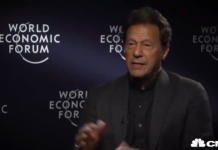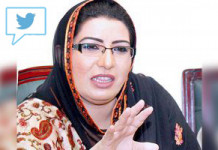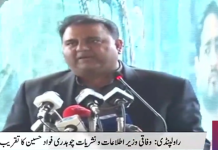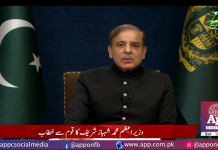ISLAMABAD: A legislative body of the Senate on Friday was informed that the proposed Hajj Policy 2016 consisted of 60 percent quota for the government scheme and 40 percent quota for the private scheme besides a proposed increase in the quota for the government scheme.
However, the government scheme consists of additional facilities such as provision of quality food to pilgrims. Briefing the Senate Standing Committee on Religious Affairs and Interfaith Harmony, the ministry secretary said the proposed policy was in consonance with the instructions of the Sindh High Court and subject to the approval from the cabinet.
According to the 2016 policy, 143,368 Pakistani pilgrims would perform Hajj this year. As many as 86,021 people will perform Hajj under the government scheme and 57,347 under the private scheme. Federal Minister for Religious Affairs Sardar Yousaf told the committee that more and more people sought to go to Hajj under the government scheme due to better arrangements during the last two years; therefore, the government wanted an increase in its quota of Hajj pilgrims. However, he said, the final decision would be taken after a court verdict in this regard.
The committee was informed that the government would call applications for Hajj from April 4 through designated branches of 10 banks and people would be given 10 days to submit their applications. On April 17, the balloting process would be completed and by April 22 final lists would be provided to the Saudi government.
The committee was told that the cost of the Hajj package under the government scheme increased this year due to improvement in the facilities for pilgrims compared to the last year. The government Hajj scheme would be costlier this year than the previous year. Now Rs22,675 would be added to the net amount of Hajj. In 2015, the Southern Region paid Rs255,971 and the Northern Region Rs264,971 per pilgrim. It was proposed that in 2016 each southern pilgrim would pay Rs278,646 and northern pilgrim Rs287,646.
The Senate committee met at the Parliament House with Senator Hafiz Hamdullah in the chair. The committee chairman expressed serious reservations about the moon sighting committee and raised questions about its legal and constitutional status. He said the committee failed to unite the people on religious occasions. Why should the people follow the moon sighting committee’s instructions when it did not have any legal status? he asked.
The Ministry of Religious Affairs secretary said there were no proper rules and regulations for appointment of chairman and members to the moon sighting committee and this issue needed to be discussed.
Yousaf told the committee that there were 26 members of the moon sighting committee and a chairman and they were appointed for an indefinite period. The ministry secretary said the committee did not have proper representation from all provinces and the incumbent members and the chairman had been working for the last 10 to 12 years.
Leader of the House in Senate Raja Zafarul Haq told the committee that there were 56 members of the OIC and every member state had its own mechanism to sight the Ramazan and Eid moon. He said that most countries followed Saudi Arabia in this regard, but the Malaysian system of moon sighting was good and it should be adopted.











